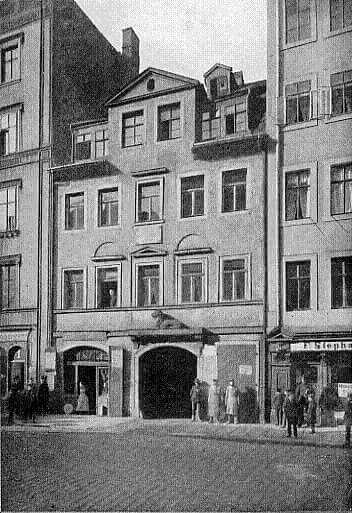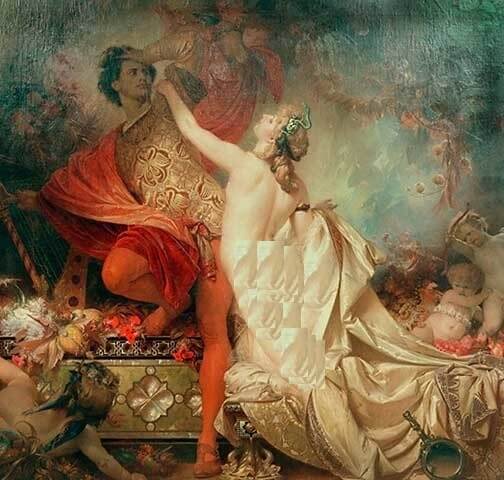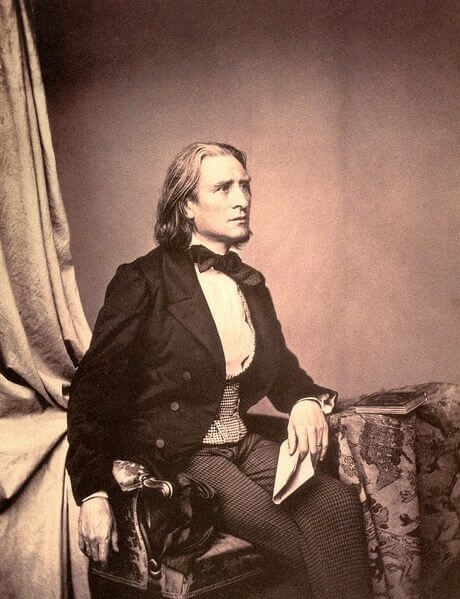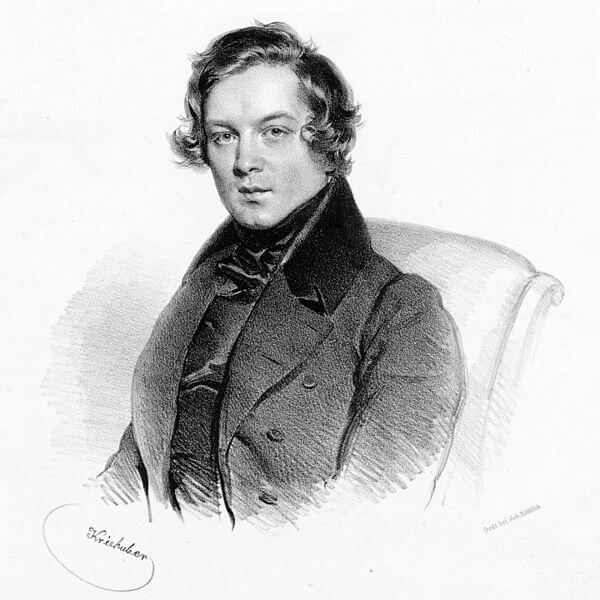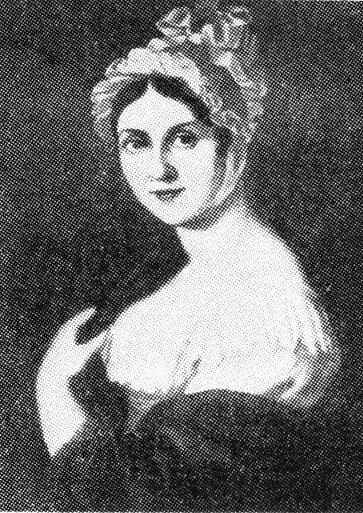Activity 1: Recite the Composition Information
- Recite the name of the composer and the composition.
Activity 2: Study the Music Timeline
Examine the music timeline to answer the following questions.
- What is the year of birth of the lesson composer?
- What is the year of death of the featured composer?
- How old was the composer upon death?
- Which composer (if any) directly precedes the studied composer by date of birth?
- Which composer (if any) directly succeeds the lesson composer by date of birth?
- Which other timeline composers were alive at the same time as the studied composer?
Activity 3: Map the Music
- Richard Wagner was born in Leipzig, Germany.
- Find Germany on the map of Europe.
- Zoom in to find the city of Leipzig on the map of Germany.
Activity 4: Study Facts About Richard Wagner
- Richard Wagner wrote operas.
- He was born May 22nd, 1813.
- His operas, like the novels of Charles Dickens (A Christmas Carol, Oliver Twist, David Copperfield, etc.), are full of wonderful characters.
- Besides people of every day kind there are gods and goddesses, and giants, and other strange beings in his operas.
- As a boy Richard Wagner went to a classical school.
- He was always fond of music.
- He could translate Greek when he was only thirteen years old.
- Even as a little boy he said: I intend to become a poet.
- He wrote plays and he read the plays of Shakespeare in English.
- As a boy he studied the piano and was fond of the music of Von Weber.
- Among the books that Richard Wagner read as a boy were the story of Die Meistersinger and the story of Tannhäuser.
- He always kept these stories in mind.
- When he became a composer, he wrote an opera upon each of these stories.
- Tell something about Wagner and animals.
- Richard Wagner died at Venice, Italy on Feb. 13, 1883.
 12 Tremendous Composers
12 Composers
12 Tremendous Composers
12 Composers

 12 Tremendous Composers
12 Composers
12 Tremendous Composers
12 Composers

